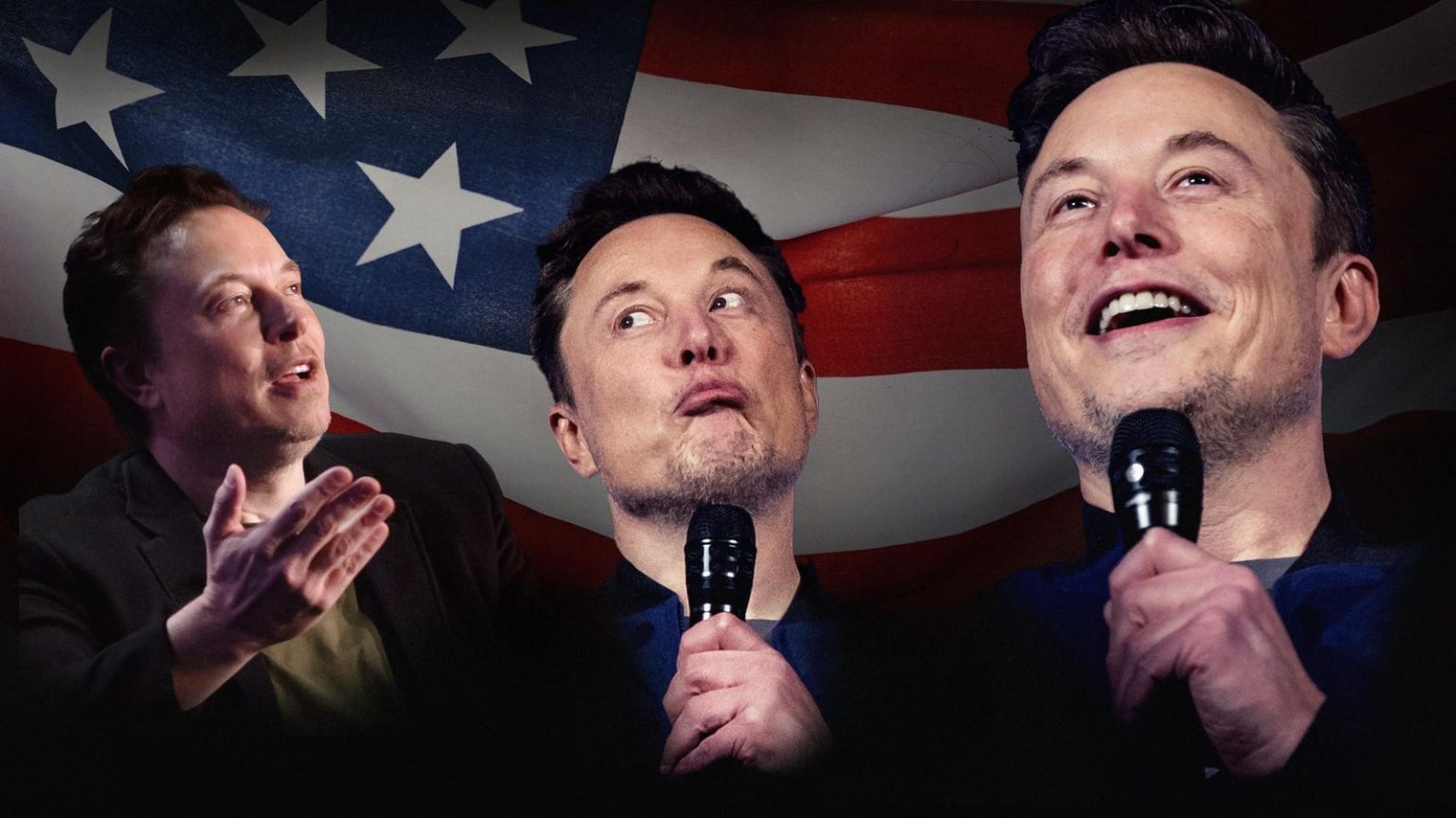Elon Musk, a prominent billionaire and entrepreneur, has solidified his status as not only the wealthiest person globally according to the 2024 Forbes 400 List, but also amongst the most powerful influencers in contemporary politics and technology. His substantial net worth of $334 billion as of November 22, 2024, is a testament to his ventures in Tesla and SpaceX, in addition to newer initiatives like X (formerly Twitter) and xAI. Musk, who has a diverse background that includes South African roots and an educational journey through Canada and the United States, has remained a self-made figure, earning a noteworthy score of 8 out of 10 for his self-made wealth. His personal life is marked by his marital history and being a father to eleven children, reflecting a multifaceted existence that intertwines family and his ambitious professional life.
Musk’s political ties have also drawn public attention, particularly his alignment with former President Donald Trump. Musk has transitioned from being a former Democrat to a vocal supporter of Trump, notably contributing $119 million to re-elect him. This alignment has raised eyebrows, given Musk’s extensive business dealings with the government, including SpaceX’s contracts worth nearly $20 billion. Further complicating Musk’s political engagement are various federal investigations concerning Tesla’s autopilot features after several high-profile accidents. Still, following the election results, investors reacted positively, with Tesla’s stock surging and adding approximately $70 billion to Musk’s net worth. His close relationship with Trump has also seen him take on an influential role through the newly formed Department of Government Efficiency (DOGE), tasked with reducing governmental waste, although concerns about potential conflicts of interest remain.
As the landscape of Musk’s wealth continues to evolve, his asset breakdown reveals a complex interplay of company valuations and ownership stakes. Musk reportedly owns around 12% of Tesla amid substantial pledges as collateral for personal loans totaling $3.5 billion, while also facing ongoing litigation regarding a previous deal for additional stock options with the company. Tesla generates significant revenue through the sale of electric vehicle credits, which has become crucial for its overall profit margin. Meanwhile, Musk’s SpaceX holds a valuation of approximately $210 billion, with his stakes projected to exceed $105 billion, following investment offers. Significant amounts of capital have been channeled into Musk’s newer venture, xAI, which is valued at around $50 billion. Musk’s ownership in these companies represents his strategic positioning in key technological arenas, illustrating his diverse portfolio.
Despite his recent financial triumphs related to xAI and maintaining control over X, Musk’s foray into social media has yielded mixed results. His acquisition of Twitter, which he renamed X, came with a massive price tag of $44 billion. Yet, as of 2024, the company’s estimated worth has plummeted significantly, highlighting the uncertain nature of such investments. Additionally, Musk’s focus on creating a powerful platform for communication might outweigh the immediate financial returns from the acquisition. On another front, he is developing infrastructure through The Boring Company, which aims to alleviate urban traffic through underground transportation solutions. Recent developments have seen the construction of a loop system in Las Vegas, enhancing Musk’s vision for urban mobility.
Musk’s philanthropic endeavors remain relatively modest considering his immense wealth. As a signatory of the Giving Pledge, he has donated approximately $406 million, representing less than 1% of his total wealth. Notably, the bulk of his donations comprises Tesla shares transferred to his own foundation. This philanthropic approach invites scrutiny on his commitment to social causes versus his pivotal goals related to interplanetary colonization, sustainable technology, and AI development. Notably, Musk’s past donations illustrate a strategic focus rather than a broad philanthropic commitment, positioning him advantagely regarding philanthropic optics in relation to his ventures.
Elon Musk’s biography reflects a trajectory defined by audacity, innovation, and fluctuating fortunes. His early endeavors, from coding as a child to launching prominent tech companies, laid the groundwork for his later ventures into space travel and electric vehicles. Life events, including marriages, divorces, and the loss of a child, showcase his personal challenges while emphasizing the computational thinking and problem-solving prowess he’s often credited for. Over the years, Musk has maintained a pattern of growth and innovation despite setbacks, such as legal troubles and behemoth acquisitions that led to massive corporate restructuring. His biographical narrative escalates to his latest chapter in 2024, where his dual commitment to economic and political influence converges as he embarks on advisory roles that promise to influence governmental processes significantly, setting the stage for whatever innovations and controversies lie ahead.

